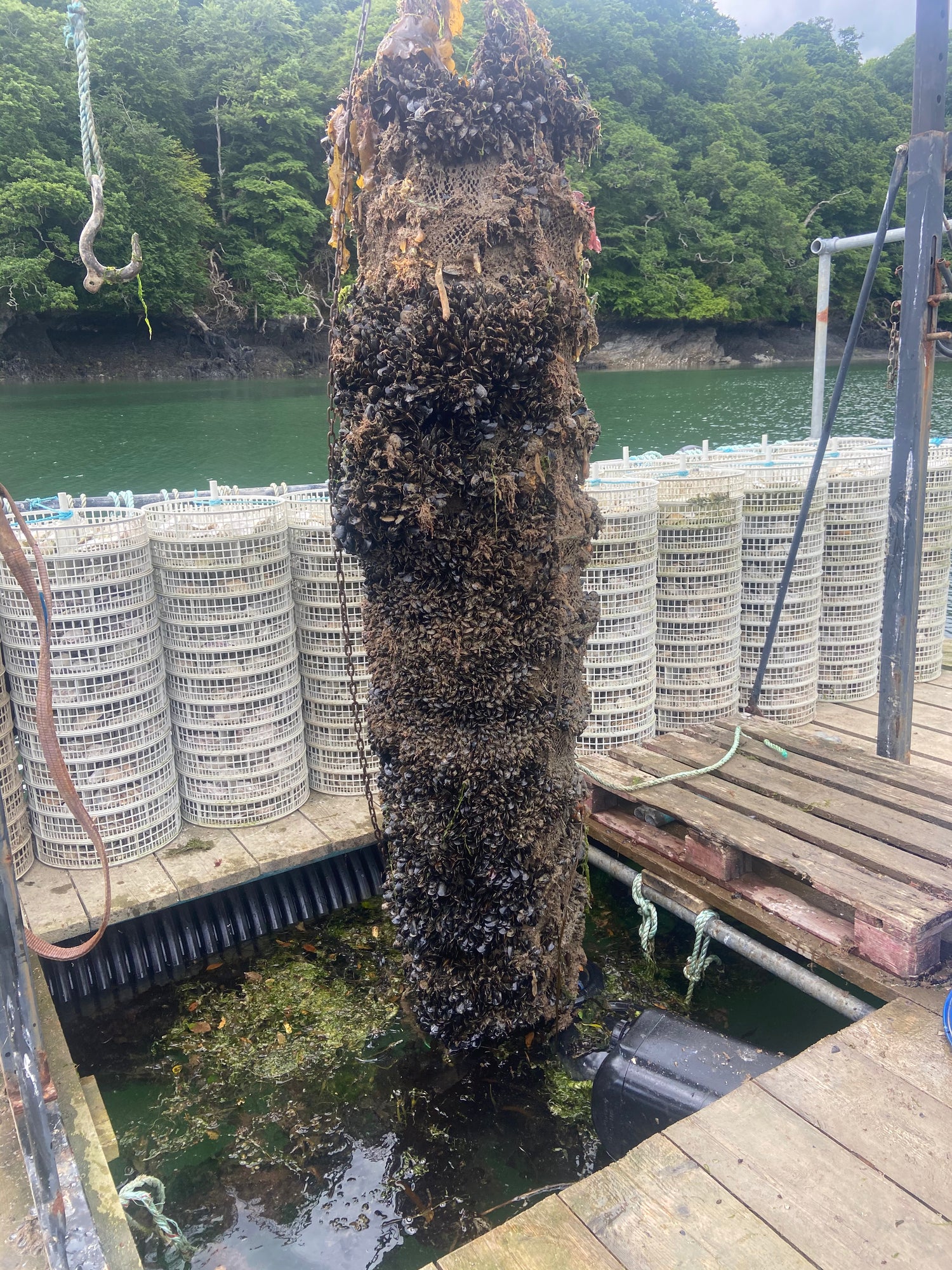NEW 'Minimum Landing Size' signed by DEFRA 18th August 2025, first increase since 1924! Browse our latest projects, check out our News BLOG, join The Crowd, and please support us if you can...
Welcome to the
Fal Fishery Cooperative CIC
A Cooperative of Sailors, Oyster Gatherers, Merchants, Students, Researchers, Marine Biologists, Climate Carers, MP's and International Authorities
As seen on BBC Countryfile, ITV Julia Bradbury Walks Cornwall & Devon and BBC Rick Steins Cornwall
The Fal Fishery Cooperative CIC is a ‘not for profit’ organisation, but like all other charities and community interest companies it has to cover overhead costs of administration, rent, research, staff and stock with or without grants/funding, it also has to build itself towards being a fair employer and sustainable habitat manager for the years, decades and centuries to come.
SavingESTER is the first project under the CIC banner, its primary focus is to create a micro hatchery that will improve the survival rate of larvae reaching a year old, which is 500,000 to 1 in the wild!! To create a biomass that improves the fecundity (successful fertilisation) by storing native oysters at a beneficial density the aquaculture site and release billions of larvae in to the wild and finally, to gather scientific research to assist the management authority in delivering “proactive not prohibitive measures” that will help the population recover, secure the future of the marine habitat and make the sailing fishing fleet more responsible and sustainable.
"In 2020-21 we estimated 10.1 BILLION larvae were liberated form that seasons stock of natives, in 2021-22 just 901 MILLION as we had a terrible season on the fishery, then thanks to the Co-op we estimate 13.9 BILLION will be liberated from the 2022-23 stock... plus this stock will be left to grow on and reproduce for another few years... another huge benefit, is our stock filters 4.5 MILLION litres of water EACH DAY"
Our Founding Director has recently co-authored several papers with the Native Oyster Restoration Alliance Publications: Forty Questions of Importance Native Oyster Restoration Policy and European Native Oyster Habitat Restoration Handbook. and most recently, "Overcoming native oyster seed production limitations to meet restoration demands in the UN Decade on Restoration"

Aquaculture Research - The Future of Sustainable Seafood
Our 'Aquaculture Research Site' is creating a new unique 3D marine habitat,...

SavingESTER - The Cornish Native Oyster
SavingESTER, ESTER being Cornish for OYSTER, is the name given to our...
